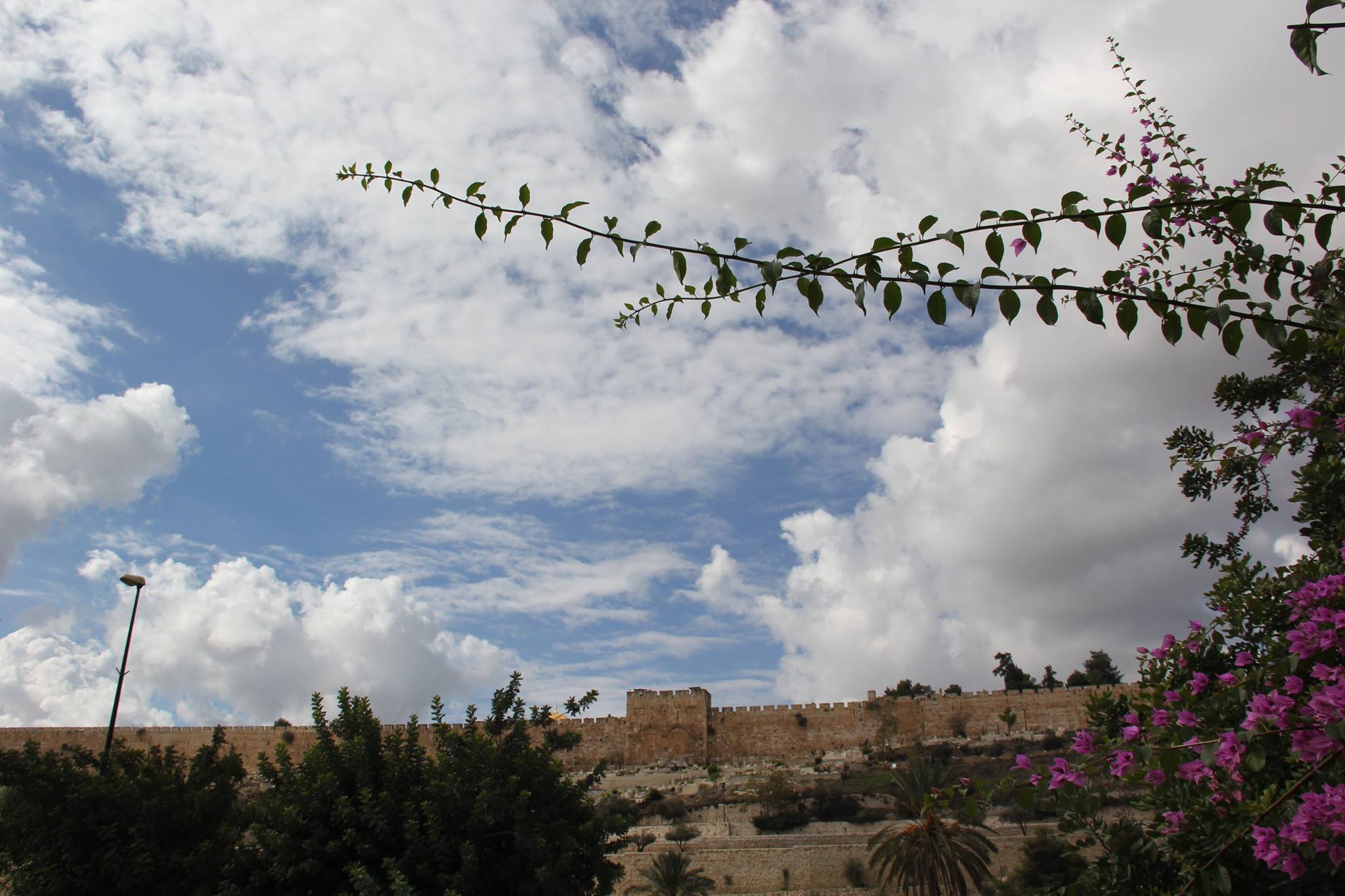
WHEN IT COMES TO HEZBOLLAH, ISRAEL HAS RUSSIA’S EAR
Iran is being pressured to remove some of its military personnel from Syria.
Photo by Joshua Tartakovsky © November 2015. All Rights Reserved.
By Joshua Tartakovsky, 9 March 2016
It appears then that while Iran and Russia have a tight alliance in Syria, they also have their major disagreements and contradicting interests, more than what meets the eye
From the very beginning since plans of a Russian war on terrorism in Syria became known, Israel has been very worried about the possibility that advanced Russian missiles will reach Hezbollah and will be used against Israel in a future confrontation between the two. Israeli civilians suffered from shelling by Hezbollah in past confrontations as the city of Haifa has been targeted. It is fair to assume that at the time Netanyahu rushed to meet Putin, the deal probably was that Israel will share intelligence on various terror groups in Syria, and in return, Russia will guarantee that advanced military equipment will not reach Hezbollah who would then like to transfer it into Lebanon.
But according to the Jerusalem Post on March 3, following a report from the Kuwaiti Al Jarida, Hezbollah recently managed to transfer into South Lebanon the SA-22 missiles and Yakhont surface-to-sea precision missiles. The existence of these advanced missiles in South Lebanon was detected by Russian pilots who flew above the area. Reportedly, Hezbollah was given the missiles by Iran. Israel complained to Russia about the violation of the Russian commitment, and Russia, in turn, had chosen to freeze the delivery of the much-awaited advanced S-300 surface-to-air missiles to Iran after Iran provided Hezbollah with the advanced Russian missiles even though Russia prohibited such a transfer in advance before the military operation commenced.
The Jerusalem Post also reported, based on the same report from Al Jarida, that Russia asked Iran to remove its military personnel from Syria as Russia is keen on reaching a political settlement the country. Iran refused. The alternative right-wing Israeli security website Debka reported earlier on February 22 that Russian Defense Minister General Sergei Shoigu, flew to Tehran one day earlier to hold urgent talks after Iran expressed its refusal to any ceasefire in Syria. Russia was in favor of a ceasefire. Debka claimed that Iran also opposed a political settlement which would result in President Assad leaving power after a given period of time while Russia is open to negotiating a political settlement in Syria.
Iran’s transfer of missiles to Hezbollah although it was asked not to do so was in violation of Russia’s commitment and placed Russia in an embarrassing situation. This resulted in Russia putting to a halt its imminent transfer of the S-300 to Iran. Although Israel has been working against the Syrian government, it still enjoys close relations with Russia and has its ear when it comes to Hezbollah.